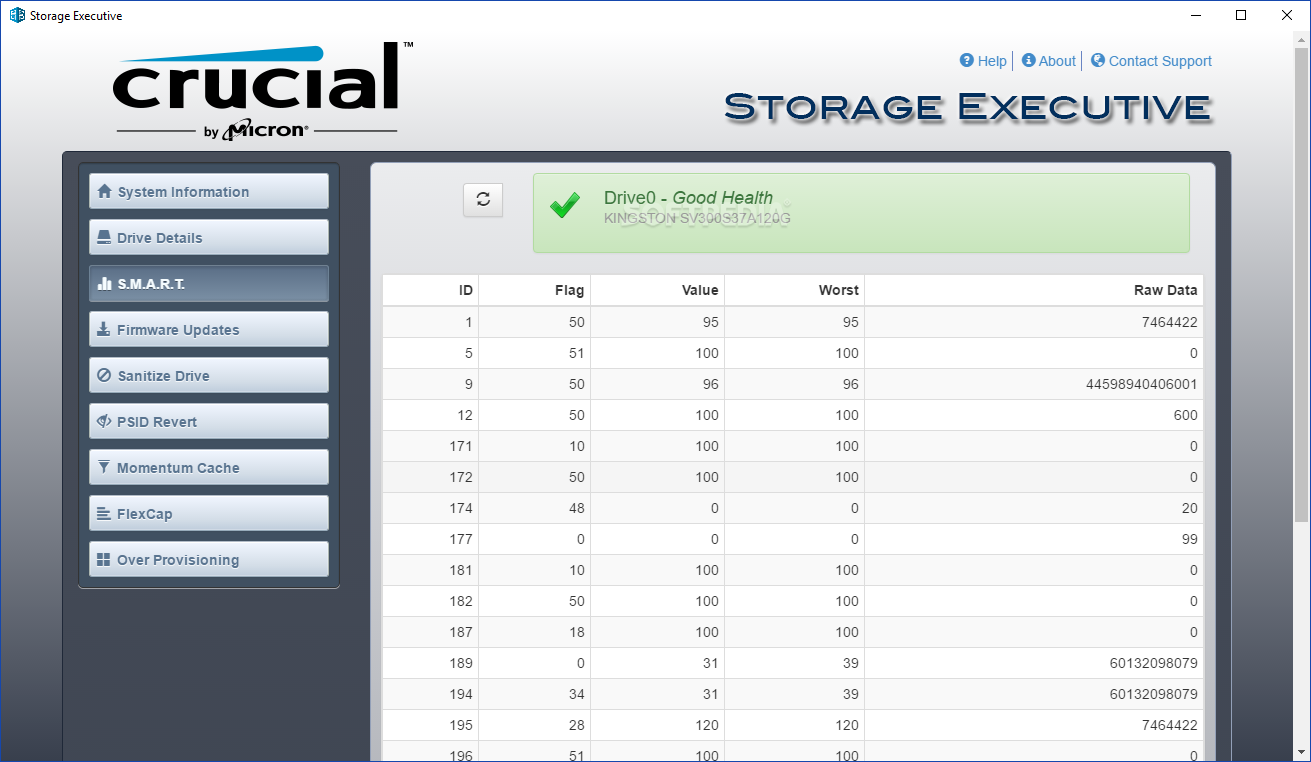

#CRUCIAL COM STORAGE EXECUTIVE MANUAL#
In recognition of the need for a national approach, in 2015 the Australian Health Ethics Committee (AHEC) of the National Health and Medical Research Council (NHMRC) published a consensus statement and resource manual designed to support more systematic provision of clinical ethics support in Australian health care organisations. This lack of a coherent strategy to formalise CESS in health services is in contrast to northern America and many northern European countries, where such services are well established, in some cases for over twenty years. Although the importance of clinical ethics in a contemporary clinical environment is established, its practical application in Australia in the form of formal clinical ethics support services (CESS) has been ad hoc, with a limited number of established CESS in the health care system. Finally, the capacity of the service to reflect on complex cases may be enhanced through explicit discussions of various different ethical frameworks and ways of deliberating.Īt a time when health systems are under great pressure, incorporating clinical ethics support into everyday medicine is critical to addressing contemporary community expectations about access to and delivery of health care, and supporting health professionals to deliver technologically and ethically complex medicine. To improve the effectiveness of the service, it is necessary to increase clarity on the service’s role at the governance and policy level, as well as develop strategies for engaging consumers, patients and families. These are: the role of the clinical ethics support service as a link between the workforce and the Executive the incorporation of consumers and patients and ethical reasoning. Conclusions: brief summary and potential implicationsĬonsidering these themes in relation to the national capacity building resources, the study identifies three areas likely to require ongoing development and negotiation. While there was strong clinical engagement, consumer and community participation remained a challenge, as did unresolved governance issues and a need for clearer policy relationship between the service and the organisation. Another key theme was the role of the new clinical ethics support service in providing clinicians with a pathway to raise system-wide issues with the organisation Executive. Results: the main findingsĪn overarching theme identified in the data was a strong commitment to supporting clinicians facing difficult patient care decisions and navigating difficult discussions with patients and families. By interpreting the thematic findings in reference to national capacity building resources, this study also aimed to provide practice-based reflections for other health agencies. The study gathered and analysed data using observations of service committee meetings, document analysis of agendas and minutes, and semi-structured interviews with committee members to generate semantic themes.

Methods: how the study was performed and statistical tests usedĪ qualitative case study approach was utilised. This study was designed to systematically follow and reflect upon the first 18 months of activity by a newly established service, to examine key barriers and facilitators to establishing a new service in an Australian hospital setting. Although the importance of clinical ethics in contemporary clinical environments is established, development of formal clinical ethics services in the Australia health system has, to date, been ad hoc.


 0 kommentar(er)
0 kommentar(er)
